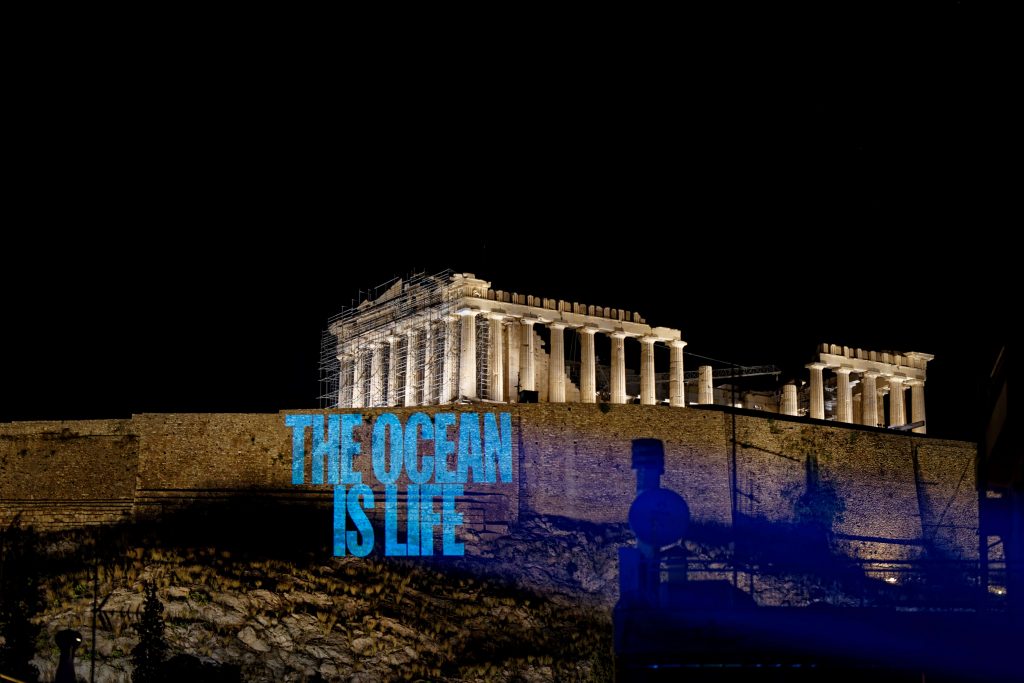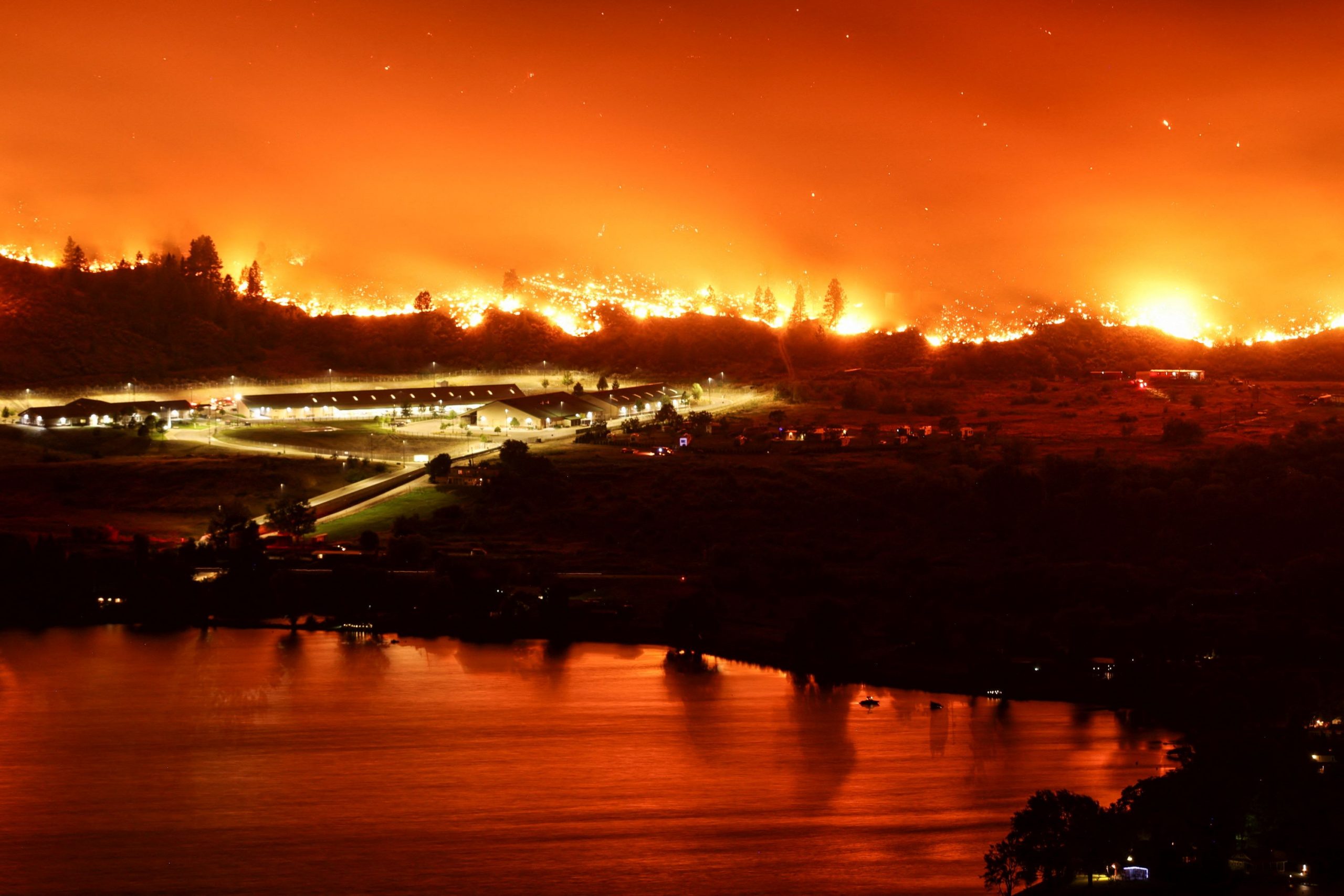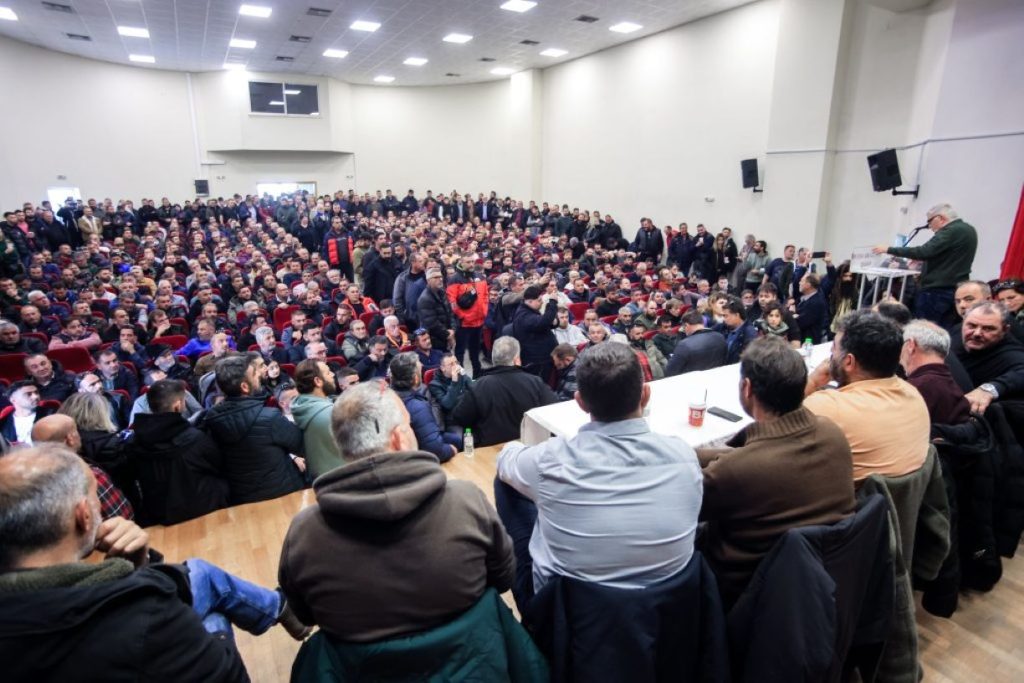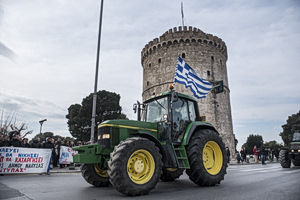At this year’s Open Sea Lab 4.0, a pan-European hackathon focused on marine data innovation, the top prize went to Digital Lighthouse, a multidisciplinary team whose project “Smoke on the Water” examines how wildfire fallout can harm coastal and marine ecosystems.
Using open-access ocean data provided by EMODnet, the European Digital Twin Ocean, Copernicus Marine, and the European Commission, the team explored the cascading effects of Europe’s largest recorded wildfire in Dadia, Greece (2023). They found that smoke, ash, and nutrient-rich runoff are not just a concern for air and soil quality—they can also alter marine chemistry, biodiversity, and even underwater habitats.
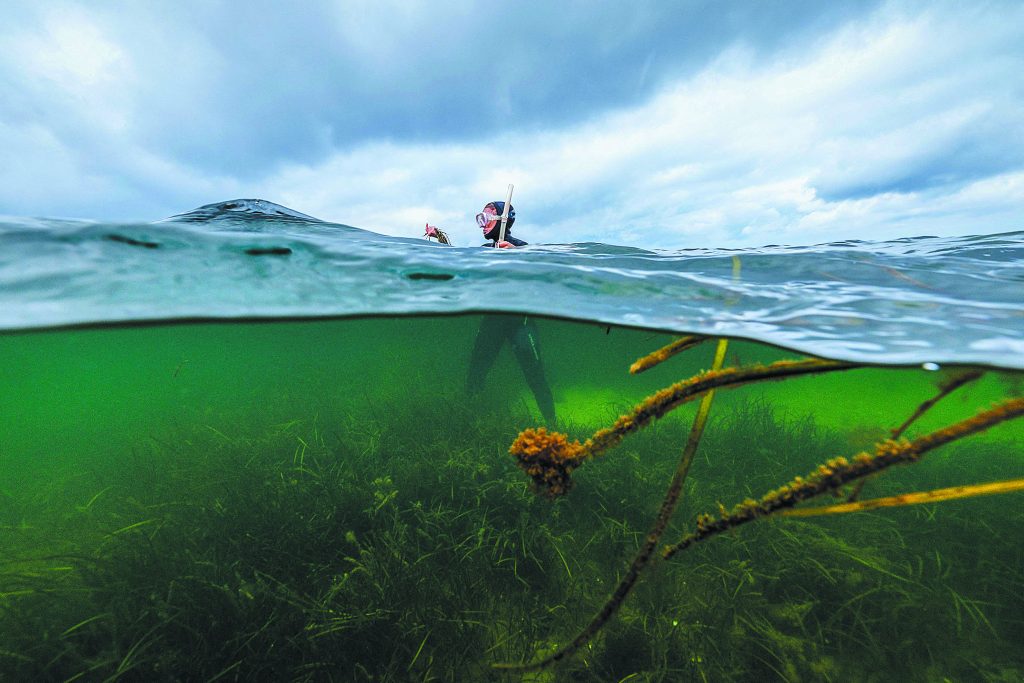
Angela Stevenson, 39, a marine scientist for GEOMAR, stands in a seagrass meadow while collecting flowering seagrass, in Laboe, Germany, July 10, 2023. Photographer Lisi Niesner spent nearly a year preparing for and shooting footage of divers picking seagrass from the Baltic Sea, as they sought to develop heat-resistant strains of the plants to withstand rising temperatures. Wearing wetsuits, masks and snorkels, a team of researchers plus Niesner set out in their small boat one early July morning off the coast of Laboe in northern Germany. The Baltic Sea is usually green and murky, but on this day was relatively clear for Laboe’s “split shot.” REUTERS/Lisi Niesner SEARCH “POY STORIES” FOR THIS STORY. SEARCH “REUTERS POY” FOR ALL BEST OF 2023 PACKAGES. TPX IMAGES OF THE DAY
“Preliminary signals suggest that fires on land can trigger measurable changes in the sea, from oxygen depletion to shifts in seagrass habitats,” the team explained. Satellite observations and in situ measurements showed early evidence of disruption near Lemnos Island, including in beds of Posidonia oceanica, a critical Mediterranean seagrass.
The project integrated fire maps, wind patterns, and marine indicators like nutrient concentrations, CO₂, and chlorophyll to track how wildfire byproducts travel and accumulate offshore. The team acknowledged that data gaps remain a major obstacle, but their goal is to develop machine learning models that can help forecast and mitigate these cross-ecosystem impacts.
The “Smoke on the Water” team includes oceanographers, data scientists, marine biologists, and engineers from across Europe. Their next stop is European Maritime Day in Cork, Ireland, where they’ll present their findings to a broader audience of policymakers, scientists, and industry players.
As climate change drives both wildfire frequency and ocean stress, the project serves as a reminder: what happens on land doesn’t stay there. The sea, too, bears the burn.
